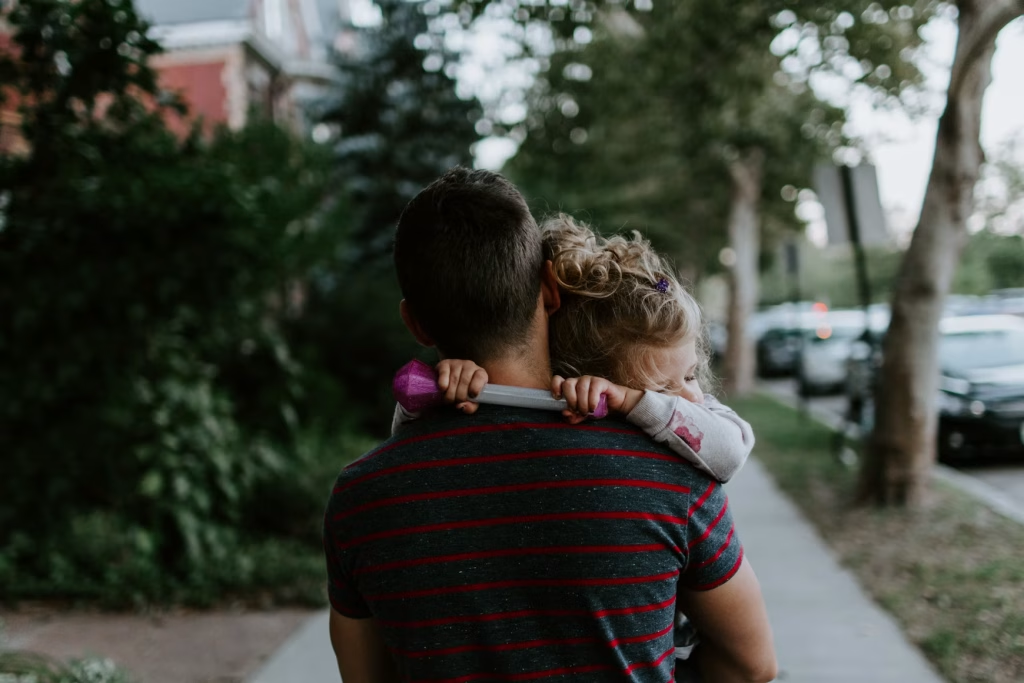
Parenting is often associated with words like “joy,” “love,” and “fulfillment.”
But beneath the sleepless nights, never-ending laundry, and countless car rides lies a quieter narrative that more parents are confronting—regret. It might sound alarming.
After all, how can a parent love their child yet wish they didn’t have them? For some, the ongoing sacrifices required by parenthood clash with what they once imagined family life would be. Harder still, most parents who feel this way don’t find it easy to come out and say it.
Below, we’ll explore what parental regret looks like, why it’s more common than assumed, and how we can make space for honesty and healing.
A Surprising Number of Parents Feel Regret
While taboo, research indicates that parental regret isn’t as rare as we think. Between 5% and 14% of parents say they regret having children.
This revelation doesn’t mean they don’t love their kids; rather, it highlights how difficult daily caregiving can be when expectations collide with reality.
For example, a Financial Samurai analysis reveals how unmet financial goals and unexpected lifestyle changes often amplify these feelings of regret. Nevertheless, parents rarely voice these sentiments publicly, fearing judgment from their communities.
The Mental and Physical Toll of Regret
Parental regret can impact both mental and physical health. Many parents dealing with it cite increased stress, symptoms of depression, and strain in personal relationships. Financial worries often worsen these struggles, as raising kids is expensive and can lead to lifestyle sacrifices that overshadow initial hopes.
Lingering regret can further feed parental guilt, making parents feel stuck between loving their child deeply and yearning for a life they no longer have. This emotional tug-of-war, combined with constant fatigue, takes a toll over time.
Why It Feels Impossible to Say Out Loud
If you’ve ever thought you couldn’t openly discuss how challenging parenting can be, you’re in good company. Societal norms paint parenting—especially motherhood—as an endlessly grateful role.
Consequently, admitting to regret triggers shame and the fear of being labeled “unloving” or “selfish.” This stigma is so strong that many parents keep quiet, missing out on help they might receive if they felt safe enough to share. As TIME’s exploration of the regret taboo points out, the code of silence doesn’t just hurt the parent—it also creates a cycle of isolation that can elevate stress and erode mental health.

Parenting Can Strain Even the Strongest Relationships
Parenthood doesn’t just transform individuals; it reshapes partnerships, too. While children bring love and purpose to many couples, the day-to-day demands—lack of sleep, limited couple time, increased responsibilities—can strain even solid relationships.
Over time, this can cement regret for parents who feel blindsided by how much their marriage or personal life has changed. Yet because divorce or therapy can feel stigmatized in some communities, parents bury these feelings to “keep the family together,” only amplifying the regret beneath the surface.
Grieving the Life You Used to Have Is Real
We talk a lot about postpartum experiences, but we rarely mention the grief many parents feel for their “old life.” They might miss spontaneous weekend getaways, uninterrupted hobbies, or even simpler tasks like going grocery shopping alone. These losses can be normal, but they’re often mislabeled as selfish or ungrateful.
The truth is, you can adore your child and still long for pockets of the freedom you once had. Recognizing that these emotions can coexist is a vital step toward preventing deeper regret from taking root.
Let’s Talk About It: Creating Space for Honesty
Regret doesn’t have to define you as a parent or overshadow your love for your child. Opening up about these conflicted feelings can actually lead to more support, empathy, and better self-awareness.
Online forums and mental health professionals now offer spaces for parents to share candidly without fear of judgment. Reframing regret not as a condemnation, but as an indicator that something in your life might need adjusting—such as needing more help, rest, or recalibrated expectations—can help you move forward with less guilt.
Building a Future Where Parents Feel Seen
The fact is, parenting isn’t monolithic. If regret has a place in your story, it doesn’t mean you’re a bad parent.
More likely, it’s a sign you’re exhausted, overwhelmed, or lacking the support structures essential for thriving in your role. Talking about regret candidly paves the way for real solutions: improved family policies, better mental health resources, and a culture that acknowledges parenting’s highs and lows.
Change begins when we accept that not all regrets stem from a lack of love—often, they arise from a lack of balance and understanding.
Have you, or someone you know, ever dealt with the silent weight of parental regret? What helped you find peace—or at least acceptance—within that experience? Feel free to share your thoughts and stories in the comments.
Read More:
- How to Let Go of Parental Guilt and Accept Imperfection
- The Silent Burnout Epidemic Among Stay-at-Home Parents

Samantha Warren is a holistic marketing strategist with 8+ years of experience partnering with startups, Fortune 500 companies, and everything in between. With an entrepreneurial mindset, she excels at shaping brand narratives through data-driven, creative content. When she’s not working, Samantha loves to travel and draws inspiration from her trips to Thailand, Spain, Costa Rica, and beyond.